RESOURCES: Assisting You In Search of an Alternative Medical Doctor
Resources, Cross-checks, and Credentials
When searching for an “alternative medicine” doctor, many people don't know where to start. I am opening this up to all readers, in the hopes that it can help.
And I most graciously thank one of my serious readers and supporters for stimulating my interest of offering to help you find a primary care doctor.
Expectations
Many have lost faith in their regular doctors (who told them to stay home until their lips turned blue) and have searched for an alternative doctor. Before we discuss training and credentials, let’s look at practical considerations.
Costs
Cash Appointments. In many cases, expect to pay cash for doctors or practitioners outside of your insurance reimbursement or coverage plans. Depending on where you live, whether the appointment is in-house or telemedicine, an appointment can cost $50 to $450 or more. Some doctors also have a sliding scale.
Prescriptions or Supplements
Prescriptions or supplements can be dispensed from the office, and these are generally going to be vetted supplies associated with excellent customer reviews. The cash price can be extremely variable, with some again offering a sliding scale or offering free products.
Procedures
Alternative or Integrative Medicine methods can significantly differ from treatments that insurance usually provides. For example, light therapy or acupuncture can cost $50 - $150 a treatment.
Locations
I like to use “Yelp” and look at the customer reviews. Bear in mind, however, that anything above 4 stars is good, as no one can make everyone happy.
Services
DISCLAIMER: No one guarantees the services of any medical office. Most people look up different doctors, and then double check their Google or Yelp reviews, as a cross-check to see what actual patients have said. If you see a professional that posted back a reply that discussed confidential patient issues, for example, a violation of HIPPA rights would be a red flag to stay away!
“Medical freedom” doctors can be listed by state; others have you can type in your location for a search. Some doctors offer local or telemedicine appointments based on their location, and only serve one or a few states. I list them in alphabetical order.
Concierge Medicine. A concierge medicine practice serves under a flat monthly or annual fee, available as a solo or family membership. Here are a few concierge practices that provide national services:
MDVIP: https://www.mdvip.com/. They have 1,100 primary care doctors, 400,000+ patients, and a 97% satisfaction rate.
FindMyDirectDoctor: helps you find a regular or concierge practice. Their link is HERE: https://www.findmydirectdoctor.com/
National Concierge Medical Group. https://www.ncmedicalgroup.com/
You may have a local group that serves only in your state or city.
Direct Primary Care Mapper. Lists 2294 direct primary care (DPC) practices in 48 states plus Washington, DC. Their map is found here:
flccc.net has a national listing of doctors under Resources > Find a Provider. Scroll down to view the alphabetical list, by state.
Freedom-Doctors.com serves Massachusetts, Connecticut, and also adds tele in New Hampshire. There are many other practices in your state; if you need customized help, let me know.
FrontlineDoctors.com does basic primary and urgent care for such things as ear infections or birth control, etc. They have a button for Paxlovid, which I disagree with as a drug because of the rebound rate and efficacy problems. But I include it as you may be near a clinic that offers protocols (map below).
FrontlineHealthAdvocates specializes in one thing: writing medical exemption letters.
JoinTheWedge.com helps book a local doctor by location. They have 463 offices with locations pinned on a map, and you can search by type of practice, as seen below:
Lyme disease: https://www.ilads.org/patient-care/provider-search/.
Vaccine injured: https://react19.org/for-patients/find-a-provider.
ZocDoc.com: helps book a local doctor who takes your insurance.
Again, most people double check a local provider with customer reviews or other means. You could also ask a local pharmacist in solo practice, who is sure to know which doctors were most prominent during the last few years.
Credentials
An “alternative medicine doctor” graduates from a Naturopathic Medical School. But many use the term to include overlapping fields. These are the basic medical fields, listed in alphabetical order:
Allopathic Medicine (Medical Doctor) (M.D.)
These are the usual Rockefeller-trained medical doctors who went to a regular mainstream medical school (4 years). Some “converted” to a more “alternative” practice that refrains from being a Big Pharma drug pusher. After Medical School, candidates must pass exams given by the National Board of Medical Examiners (NBME). To practice medicine, some specialty training follows:
A one-year internship to practice medicine in a state. Note that any doctor can stop here and put a sign up that says they are a “Plastic Surgeon”. They cannot, however, say that they are a “Board Certified Plastic Surgeon”.
Followed by specialty training in a residency program (2-5 years) like radiology or internal medicine. Passing the residency Board Exam makes one “Board Certified” in the specialty. There are many boards, one for each specialty. Some doctors go on to complete additional Fellowship training.
Additional Fellowship training (1-3 years) allows one to become Fellowship Board Certified. For example, a resident-trained radiologist can be Fellowship trained to do interventional radiology. Or an internal medicine doctor can do additional Fellowship training to become specialized as a pulmonologist.
Some doctors do a “double” residency program, for example, Internal Medicine and Anesthesiology.
I did 4 years of medical school (which took me 5 years because I went through a divorce), a “Transitional Medicine” internship, followed by my first two years of Anesthesiology at USC. After that, I completed my last year of Anesthesiology and then an additional year of Fellowship training in Critical Care at Stanford. All together, that was 8 years of training after college. I passed both written National Board Exams, a written and oral examination given by the American Board of Anesthesiology (ABA) and the written and oral exam in Anesthesiology-Critical Care, also given by the ABA.
Doctor of Acupuncture (DAc)
Much more than simply inserting acupuncture needles, acupuncture is Traditional Chinese Medicine (TCM) that includes acupuncture, heat, cupping, pressure (acupressure), and more.
After a college Bachelor’s Degree,a Ph.D. would take 4-5 years for a total of 8-9 years of education and training. Credentialing is through AIAM.
Some states require licensing, others don't. Candidates can do dual certification in herbal medicine. The Accreditation Commission for Acupuncture and Herbal Medicine (ACAHM) gives a Board Exam in 47 states plus the District of Columbia.
Alternative Medicine Doctor = Naturopathic Doctor (ND)
Is a Naturopathic Doctor (ND). Other alternative medicine programs like hypnotherapy or homeopathy include NDs or MDs. Areas of education include herbology, Traditional Chinese Medicine, homeopathy, anatomy, biology, general and organic chemistry, and nutrition. The National College of Natural Medicine (NCNM) offers a Master of Science. The education entails a college degree, a Master’s is an additional 2-3 years, and a Doctor’s Degee is similar to that of a medical doctor. Not all states license “alternative medicine” doctors, but the American Association of Naturopathic Physicians (AANP) desires all states to have licensure.
An Alternative Medicine licenses is available in these states: Alaska, Arizona, California, Colorado, Connecticut, District of Columbia, Hawaii, Idaho, Kansas, Maine, Maryland, Massachusetts, Minnesota, Montana, New Hampshire, North Dakota, Oregon, Pennsylvania, Puerto Rico, Rhode Island, the U.S Virgin Islands, Utah, Vermont, and Washington.
Doctor of Naturopathic Medicine (N.D.)
Naturopathic doctors go to college and then 4 years of Naturopathic Medical School. Residency programs are optional everywhere except Utah, which requires them. Naturopathic degree programs emphasize the field of alternative medicine and other forms of health care. ND programs are felt to be rigorous and allow one to serve as a primary care physician.
Homeopath/Naturopath
To add more to the mix, in Arizona, Connecticut, and Nevada, licensed homeopaths are also physicians. Unlicensed practitioners are allowed to practice homeopathy in California, Idaho, Louisiana, Minnesota, Oklahoma, and Rhode Island.
Certification is through the Homeopathic Academy of Naturopathic Physicians (HANP).
Certified Tribal Practitioner (C.T.P.)
As part of a native tribe and through treaties with the federal government, these practitioners can practice tribal medicine. Therapies include natural remedies, products and treatments that are not “FDA approved”, devices that can include saunas, healing mats, light therapy, and natural remedies that have been used for centuries. Tribes recognize MD, DO, Chiropractic, Nursing, and other regular practitioner degree programs as a lateral move.
Doctor of Chiropractic Medicine (D.C.)
Most people go to Chiropractors for pain, especially low back pain. After 4 years of college, a Chiropractic practitioner program is another 3.5 to 5 years of training, for a total of about 8 to 9 years.
Doctor of Osteopathic Medicine (D.O.)
After college, a D.O. program is another 4 years. Then, as with regular allopathic medicine, it is another 3-8 years for specialty training in internship, residency, and/or Fellowship.
Doctors of osterpathy can prescribe and do surgery; a main difference is that they are holistic and employ spine and extremity manipulations instead of just prescribing pain medicines.
Doctor of Integrative and Functional Medicine
Using a “whole person” approach, “integrative” puts together a variety of disciplines that include alternative and conventional allopathic medicine. Board Certification is through the American Board of Integrated Medicine (ABOIM). After 4 years of college and then 4 years of naturopathic college, an additional one year in Integrative Medicine is required for certification. Candidates may also graduate from chiropractic school, or be come from a college certified by the National Certification Commission on Acupuncture and Oriental Medicine (NCCAOM).
VeryWellHealth lists all the practitioners that may be included as integrative/functional practitioners HERE:
Holistic Health Practitioner
The American Association of Drugless Practitioners certifies holistic health practitioners. Their website cites,
The AADP’s national and international membership body of over 26,000 is made up of MDs, NDs, DCs, OMDs, PhDs, RNs, Health Coaches, and other “drugless” practitioners. The AADP does not cater only to one field or practitioner, but unites all professional holistic health practitioners. As other organizations’ benefits are limited to educational discounts, car rental discounts and seminars, the AADP’s benefits can help promote you and your practice.
I hope this is helpful and serves as a resource that may help you and your family. If you see other resources or have additional input, please feel free to message me or leave a comment below.
WHAT I REALLY THINK
I think that virtually all medical practitioner schools have lost the ability to
ask God to heal. They don’t give God the credit for building our natural immune system and also fail to credit the power of prayer, or of miracles.
“Natural healing” was mentioned by naturopathic and holistic websites, but not one website talked about God. Or mentioned Him.
That is why I am glad that my first couple of years of medical school were at Oral Roberts University School of Medicine. Our teachers taught us how to pray with our patients.
But more than that, we prayed before entering Anatomy dissection lab.
It was an awesome feeling to pray before venturing into that lab. We would start with an incision, and eventually cut away at most organs and body parts. Had it not been for the prayer and the whole class doing it together, I would not have handled it as well. Even today, I remember the prayer and the humbleness we had as a class.
For goodness sakes, every person had donate their body to this cause. And that is what my Father did when he died - he donated his body to Loma Linda’s Medical School. It allowed him to be a subject, which is what he wanted.
After his body was dissected, it was returned to our family as cremated remains. He got what he wanted, and that was awesome. And the medical students wrote our family the most awesome note about what a gift it was, how much they learned, and how this experience was something they honored. And I am glad my Dad got his last wish!



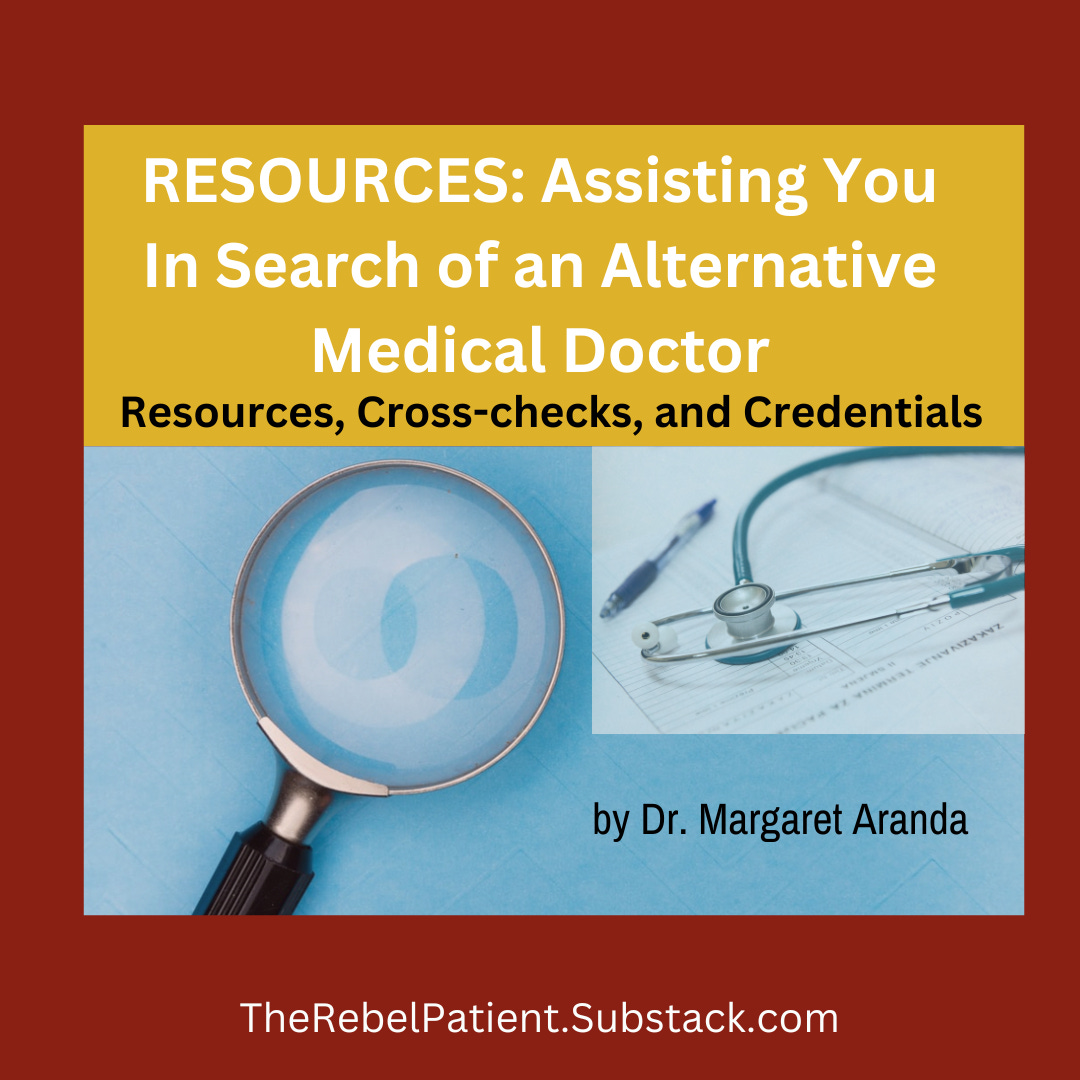
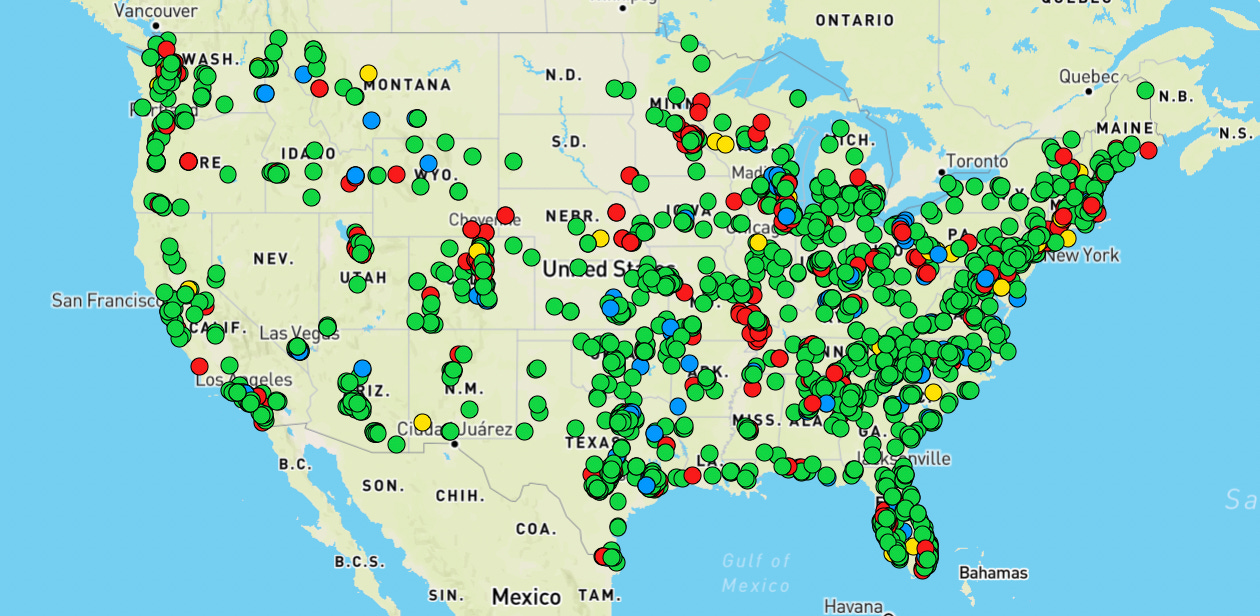
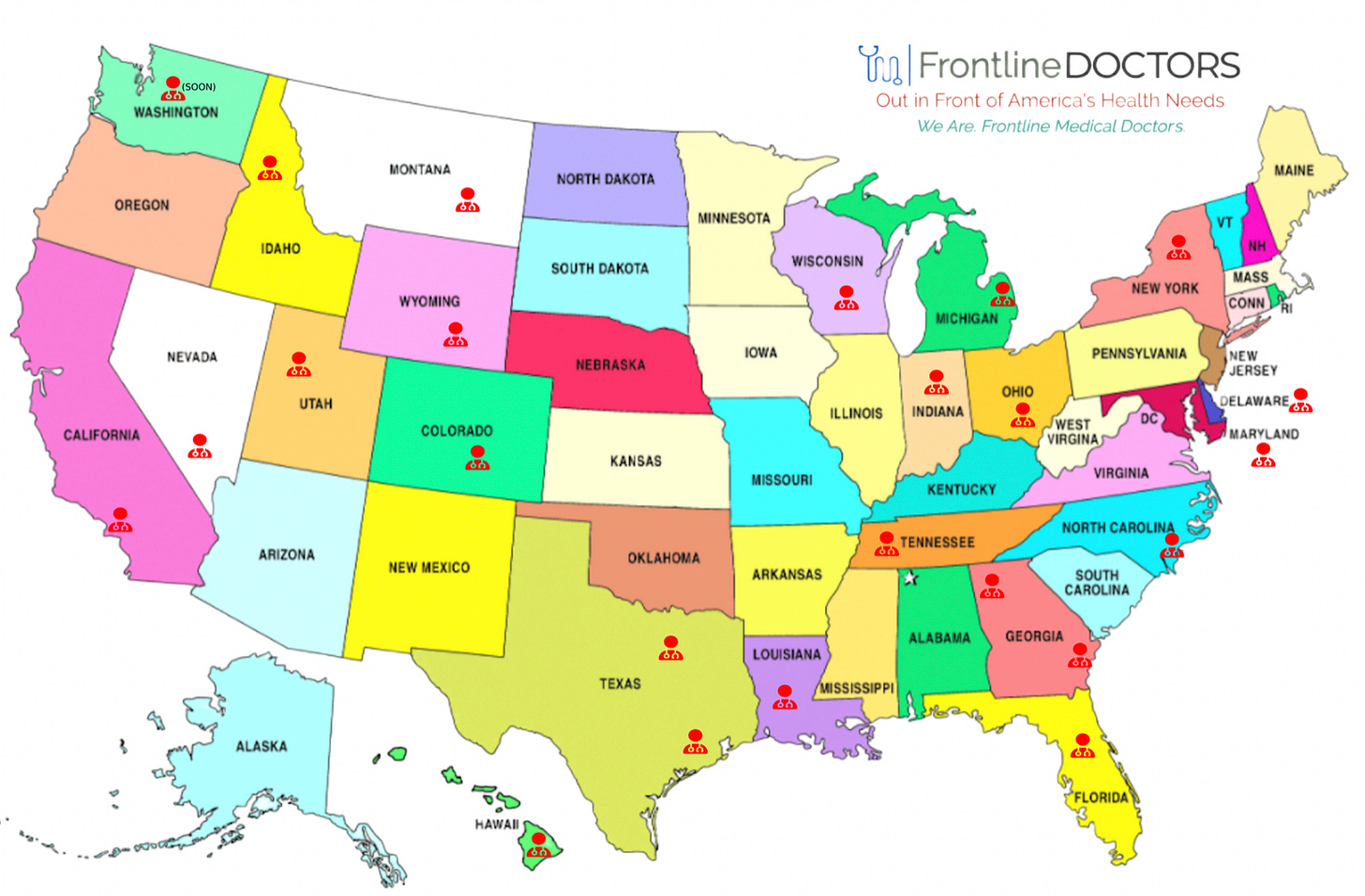
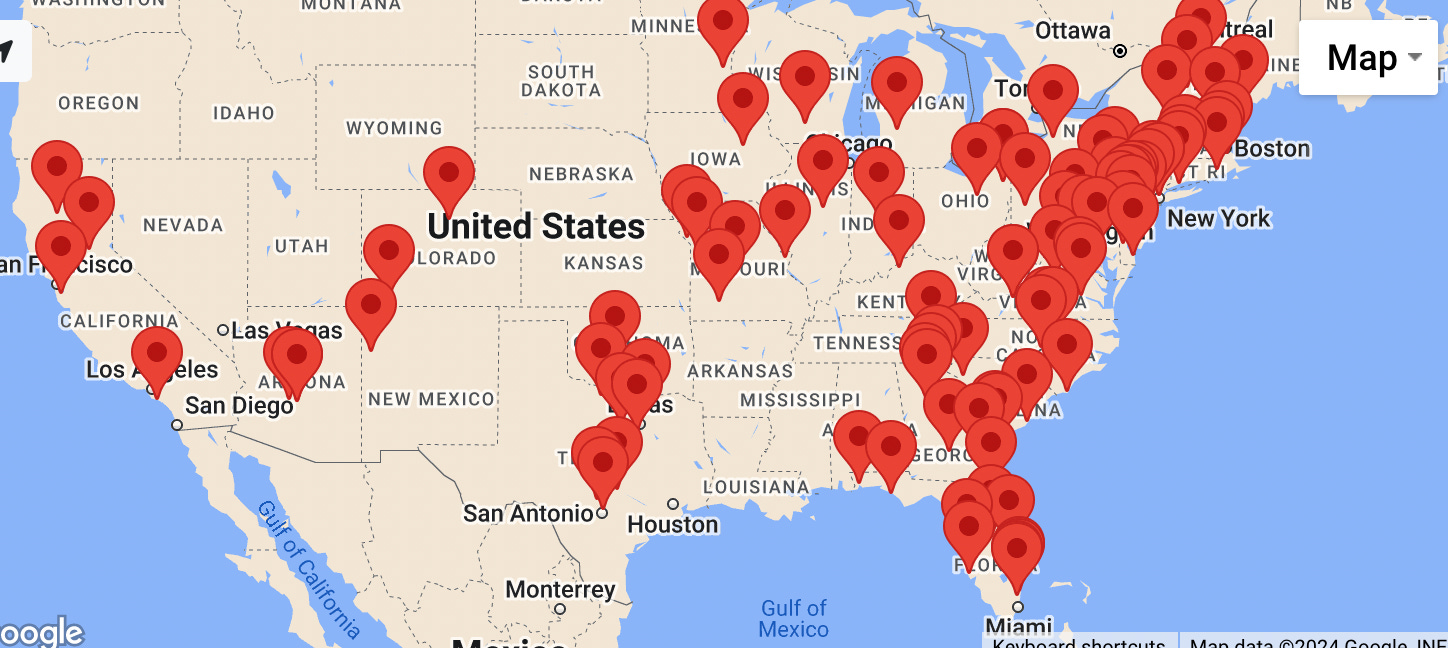
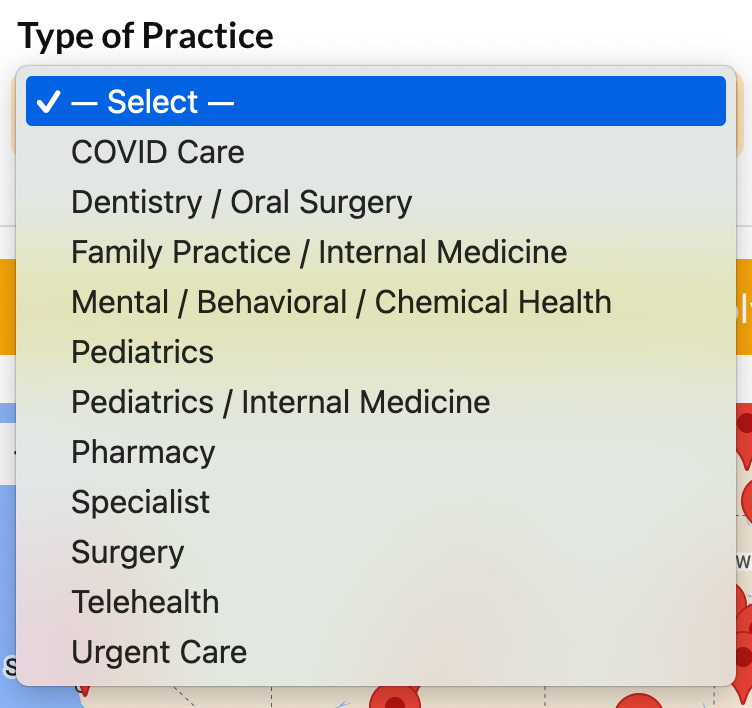
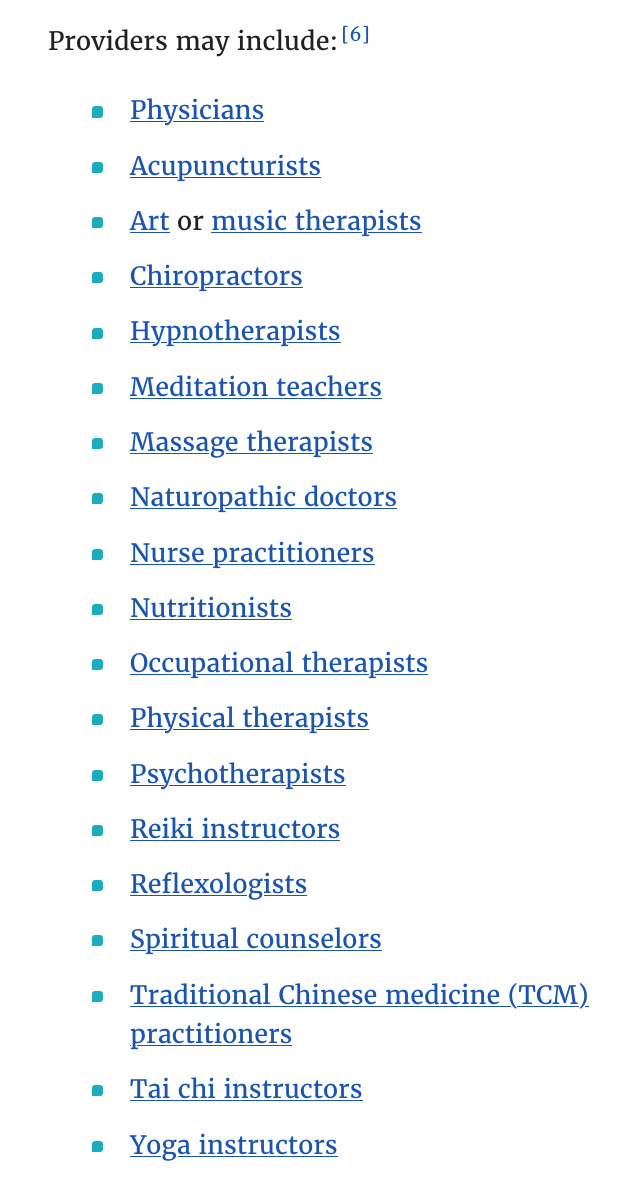


Still struggling to find another doctor. My wife and I are both not satisfied with our current MD, for multiple reasons I won't detail here.
So far, most of the sources on the various links are for concierge type of services with monthly fees.
Since my wife and I are both on medicare, we are still hoping to find a Dr. that is not with a large corporate structure making their decisions, but will still take insurance. We know of one now but, she is not accepting new patients. We have been on her wait list for well over a year now.
Fantastic resource! Thank you.